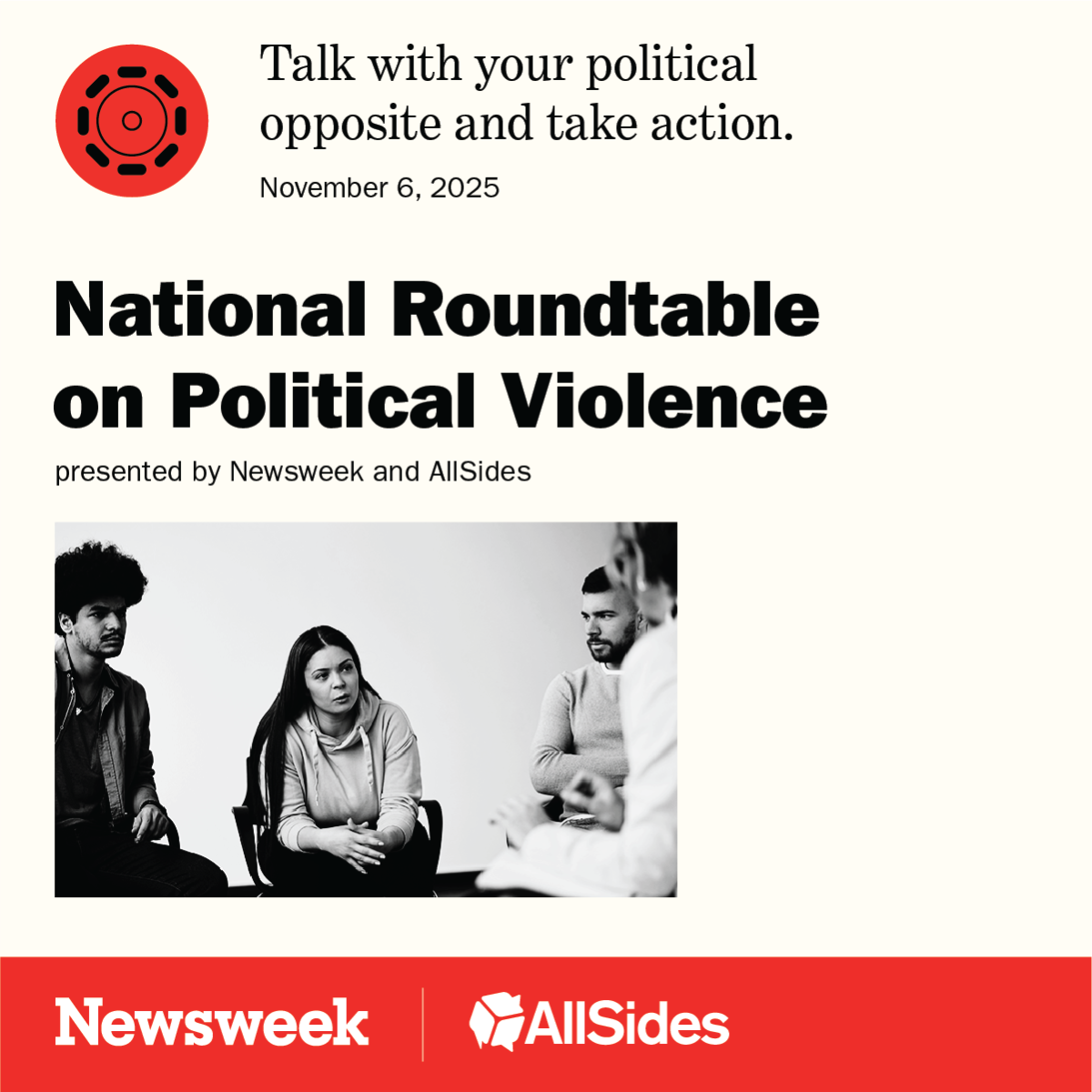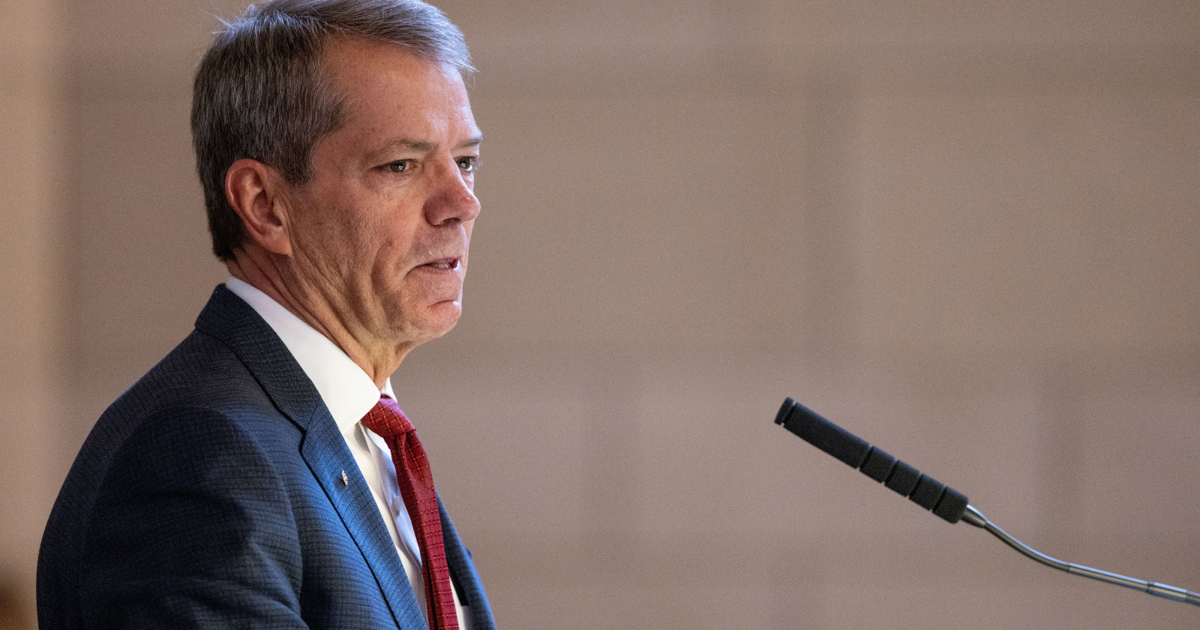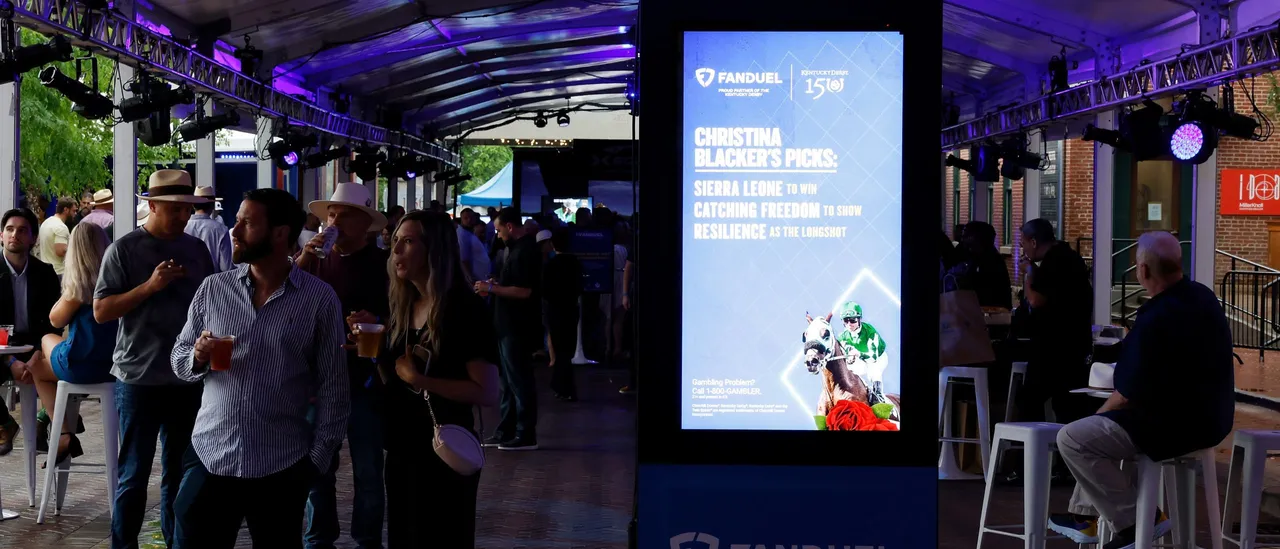Copyright Newsweek

On Thursday, Newsweek partnered with the political-bias assessment firm AllSides Technologies to host a national roundtable on political violence that I, as Newsweek’s politics and culture correspondent, participated in as a reporter. Reporting on something tied to one’s job can present challenges, but given I’m no stranger to scrutinizing my employer, I felt up to the task. As Newsweek’s Editor-in-Chief Jennifer H. Cunningham and AllSides CEO John Gable said in the event’s opening address, with the assassinations of Charlie Kirk and, previously, Minnesota Speaker of the House Melissa Hortman, this is the time for America's institutions to tackle the scourge of political violence. As a journalist, I belong to a community that’s often at the receiving end of violent threats, with the Committee to Protect Journalists recording 112 media worker killings this year alone. Of course, this is a problem that touches everyone. As my editor Carlo Versano memorably said after the Kirk killing, these are attacks on all of us as Americans. The roundtable started with me being placed in a videoconferencing/chatroom hosted through the online platform Living Room Conversations with three other individuals: Sally V., an interfaith minister and retired teacher from Seattle; Elijah R., a high school student from Los Angeles; and Leslie H., a psychologist from Lancaster, Pennsylvania. We were prompted in “Round One” of the structured discussion to get to know each other by sharing our backgrounds and reasons for attending. Sally said as an interfaith minister she speaks to people of different religions about their shared spiritual life and wanted to participate in the roundtable to learn how to better support her community. Elijah said he was taking a class on the Israel-Palestine conflict and wanted to engage in the conversation to learn how to better promote Tikkun Olam, the Hebrew phrase for the concept of “repairing the world.” Leslie said she wanted to engage with people who hold differing perspectives to better understand their opinions to improve her ability to conduct her job. I said I was covering the event but noted I was eager to learn as a participant, as I often find myself as a “fly on the wall” in my role as a journalist. While we were all strangers, it was hard not to notice after that introduction that we all seemed to be predisposed to seeking what some may find to be intimately uncomfortable dialogue. This made for a lively "Round Two" of the discussion as were directed to focus on the topic at hand by each choosing to answer one question from a list provided through the online interface. Elijah started by answering whether he avoids politically charged conversations and what he does to defuse conflict. He said he does not often encounter such situations but tries to stick to facts to counter any emotional responses. When he finds himself in such conversations, often voluntarily with his running partner, he noted that by expending energy into his run can help dial down intensity that might otherwise go into the conversation. Leslie answered a question about what she thinks it means to build a “more perfect union.” To this, she invoked a lesson that she teaches in couple’s therapy: Two people don’t need to agree on everything to have a happy relationship, but they need to see the value in someone’s differing perspective. Sally was asked to define political violence and what contributes to it. She said she sees it as a disease that can be contagious but also curable. Like children, adults are not inherently violent, she said, but they can act out. To address the issue, she points to nonviolent activists — like Mahatma Gandhi, Martin Luther King Jr., and Nelson Mandela — who created communities based around civil dialogue and nonviolent protest. I answered a question on how political rhetoric and violence impacts my community. Keeping my journalist hat on, I noted that concerns over “fake news” create distrust between the media and the public, particularly when the media is not clear about its intentions. Because I work at a nonpartisan outlet, I said I work to keep my political opinions to myself, so as not to confuse people about my orientation, while remaining true to my remit of telling stories that examine competing perspectives on an issue. The final round instructed us to reflect on the experience. While we took some issue with the technological platform , we found the forum engaging. Each of us said it was enlightening to hear each other’s thoughts and that it provided a kind of experience one may get at school or at camp that becomes harder to find in adulthood as our social circles calcify. Leslie said she enjoyed speaking with us but wished she’d encountered someone with opinions more strongly opposed to her own. Drawing on earlier comments about echo chambers, I said that the roundtable seemed to innately attract people inclined to have these sorts of conversations. To tackle the issues the roundtable focused on, Sally suggested we slowly break out of those echo chambers by sharing our takeaways with people in our own life and encouraging them to share with others. From there, we left the conversation to return to our own lives. I sat alone in my small New York City apartment reflecting on the value of engaging in intimate dialogue with total strangers. Though the four of us were alike in some ways, it would be unlikely that we would cross paths without a mediated forum like this. Perhaps if people were willing to step into the role of mediator, a version of these conversations could be had in the spaces where they’re needed most.



